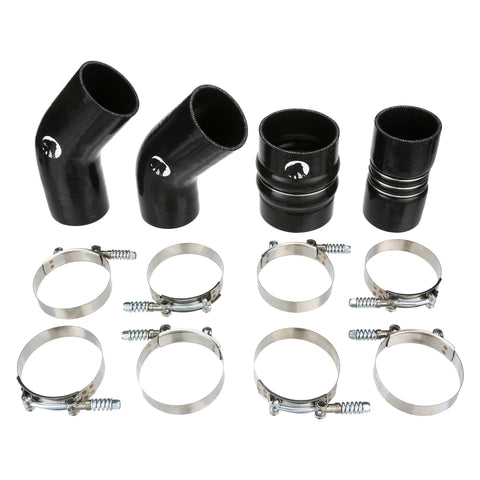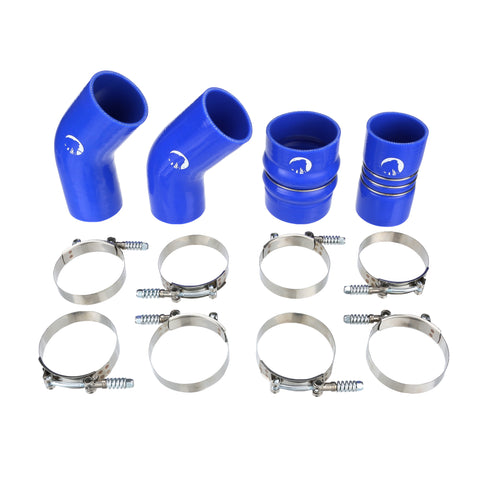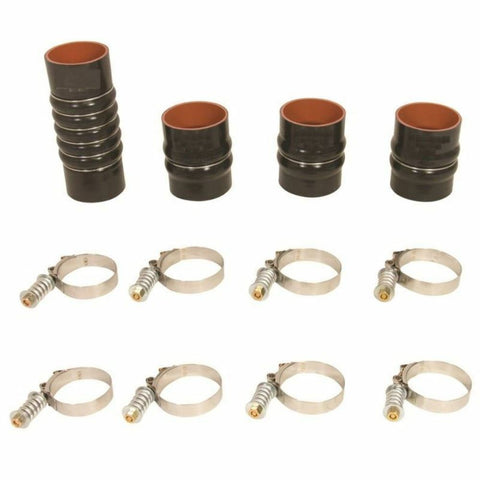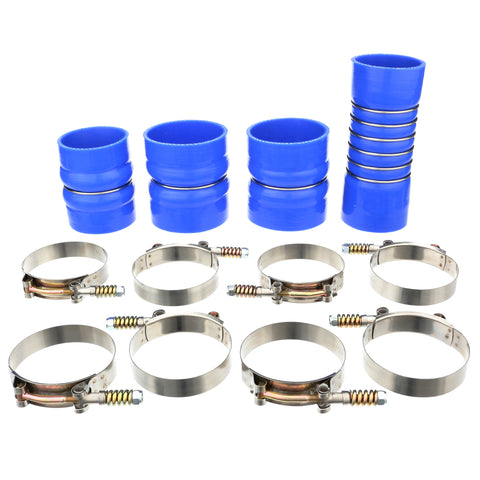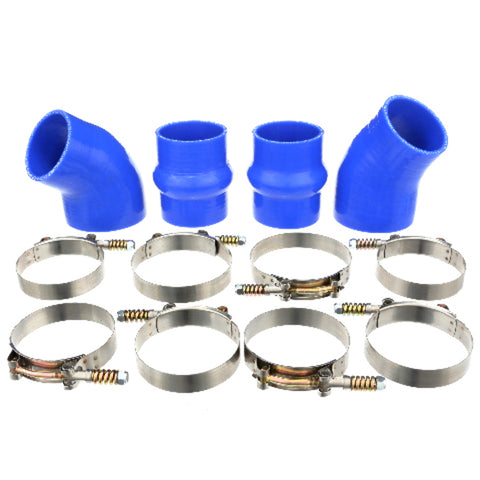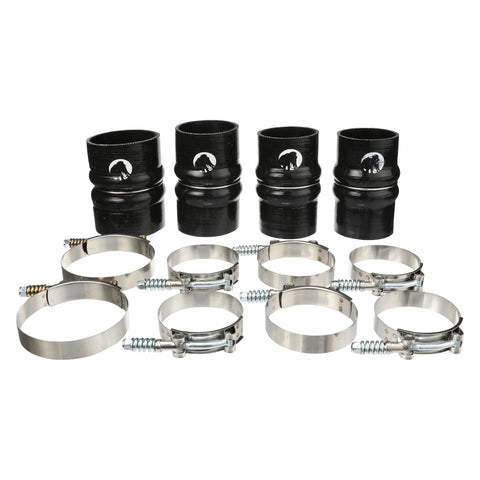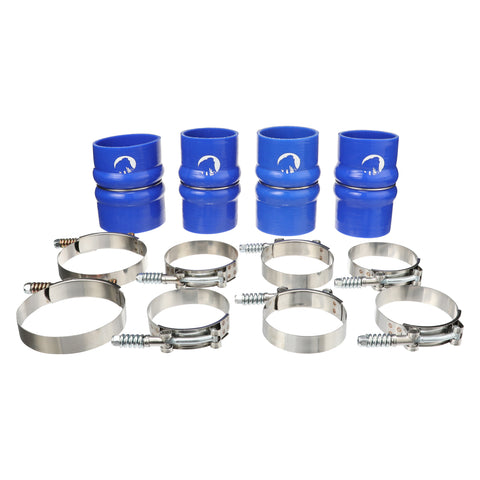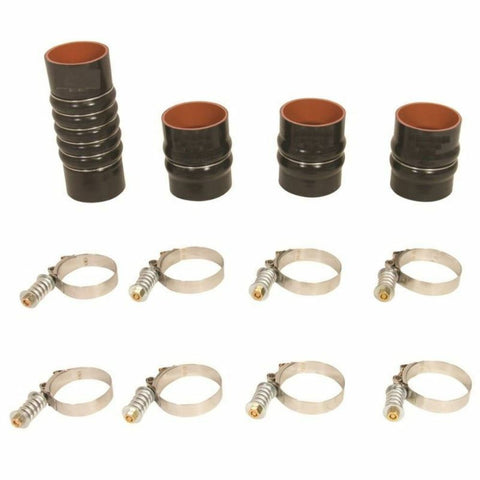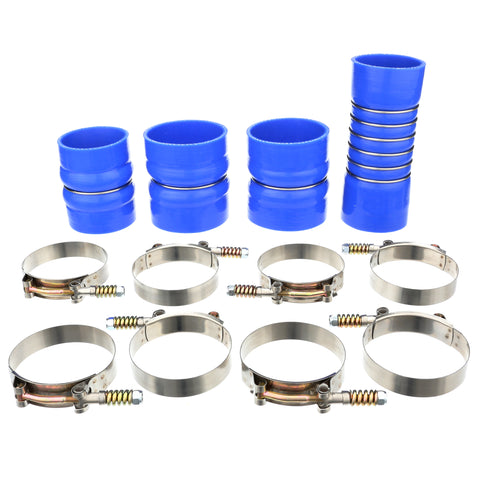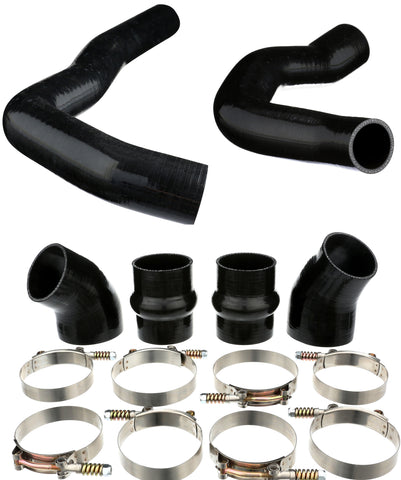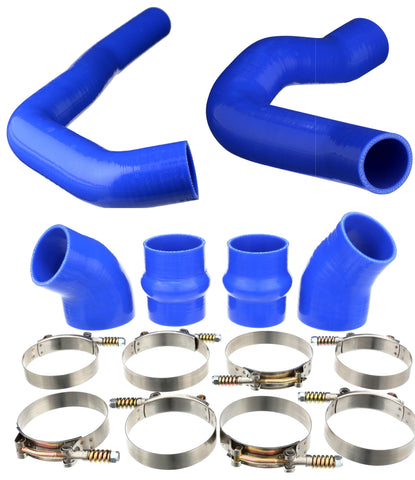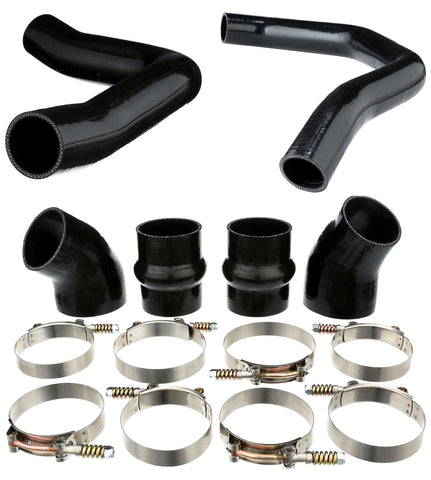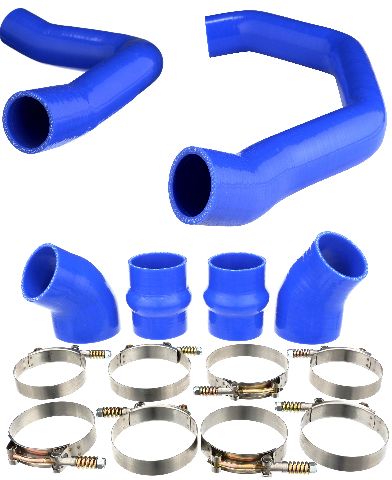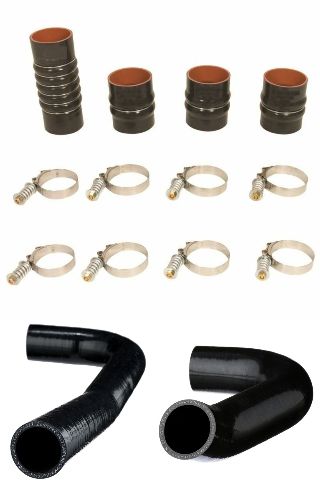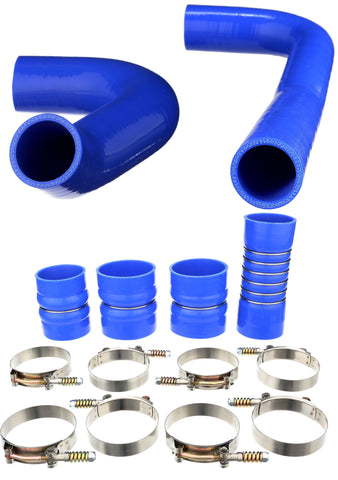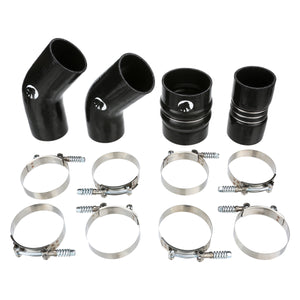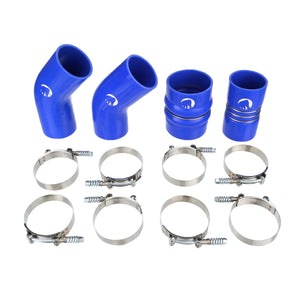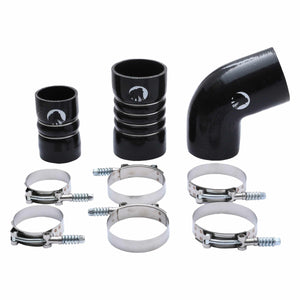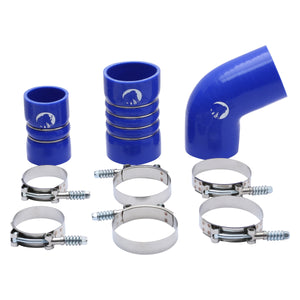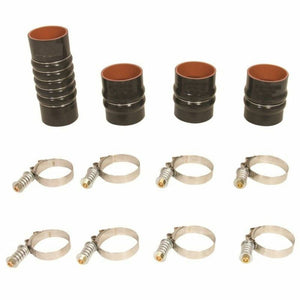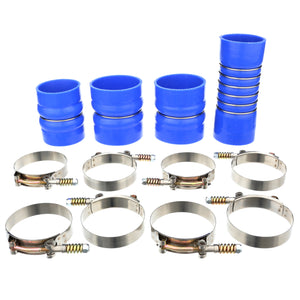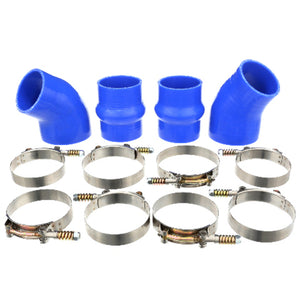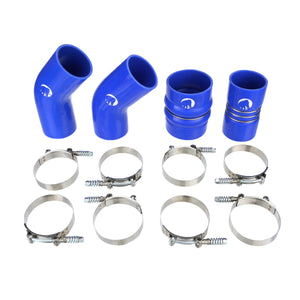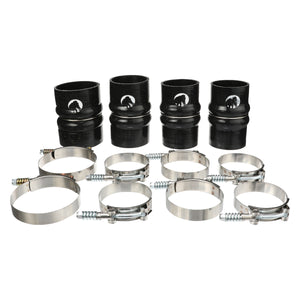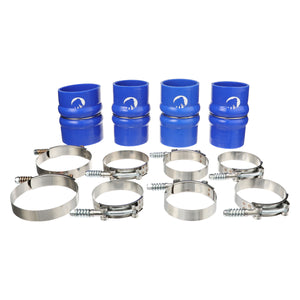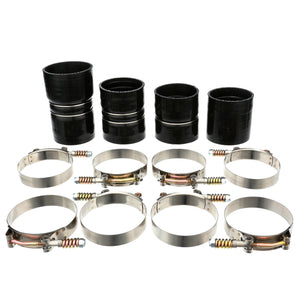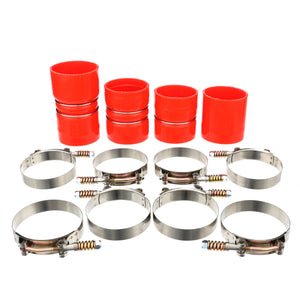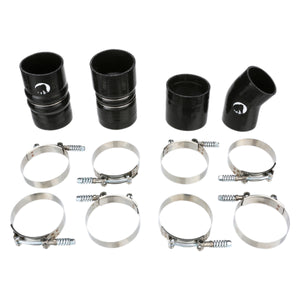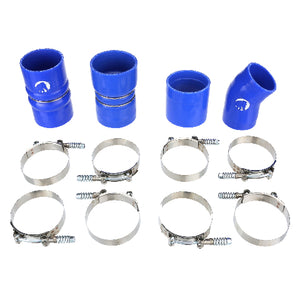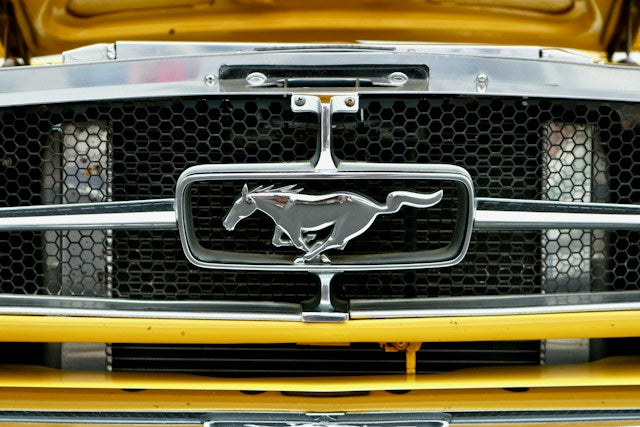10 Ways to Ruin a Diesel Engine's Performance
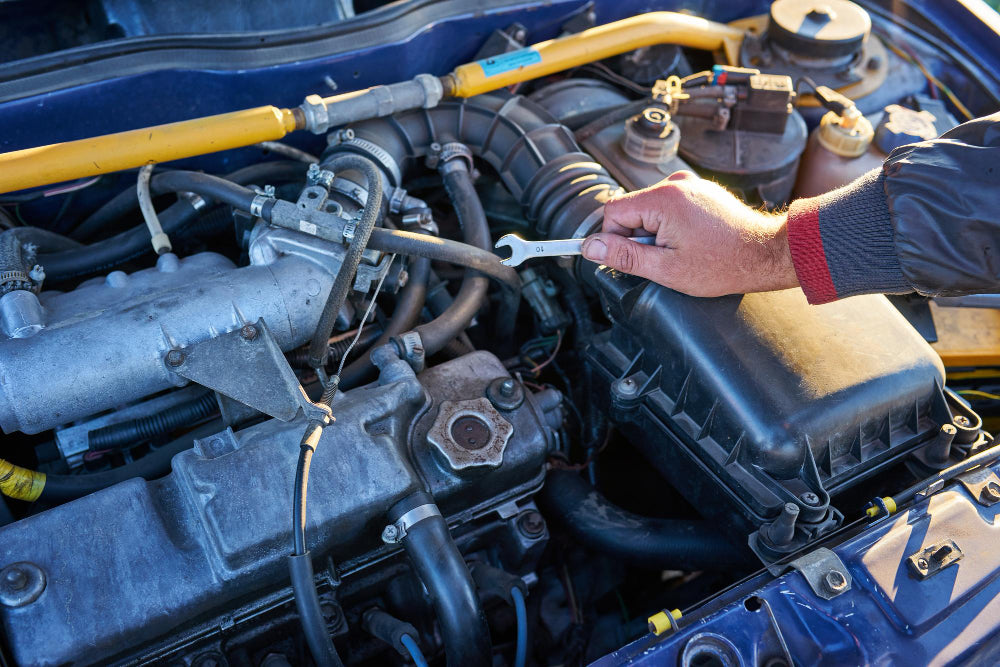
Table Of Contents
Diesel engines have long been the default option for light-duty/heavy-duty truck buyers. However, like gasoline-powered engines, they can also break down or malfunction with poor maintenance or neglect. The costs of repairing a modern diesel engine are higher than those of a gasoline engine because high-quality diesel-specific replacement parts are pricier. Replacing a damaged diesel engine can also be quite expensive; at times, even as expensive as buying a new truck. This article explores how to ruin a diesel engine. There are bad usage practices that can hinder a diesel engine from functioning at its best.
A well-maintained engine reduces the need for costly repairs and helps improve the vehicle's performance. Additionally, looking after the engine reduces the chances of premature failure, enhancing its longevity.
So, do you want to find out how to destroy a diesel motor? Here are 10 ways to do that:
1 Fuel Quality Matters
Many people might not realize how intricately the diesel engine parts are made or how precisely they must work to keep the vehicle running. One way to ensure the car’s engine works optimally is to feed it quality fuel.
Poor quality diesel fuel is arguably the worst thing for a diesel engine. Any contaminants or loose particles in diesel can quickly overcome the engine’s strict operating parameters, affecting the tolerance points of each component. Due to the high pressures in diesel engines, poor quality diesel fuel can cause the injectors and pumps to wear out rapidly as it circulates, leading to premature failure and decreased performance.
2 Not Changing the Vehicle’s Air Filter
It is crucial to regularly change your vehicle’s air filters when they become dirty or clogged. An engine requires a balanced air-fuel mixture to work effectively. An air filter cleans dirt, debris, and other particles from incoming air before it reaches the engine, so it can get clogged before long.
Clogged or dirty air filters prevent air from reaching the engine, reducing combustion efficiency. This causes the engine to lose performance and start stalling. Clogged air filters can also decrease the diesel engine's fuel economy.
3 Keeping Oil Filters For Too Long
The oil filter is also another component that you should replace when required if you do not want to ruin their diesel engine. Oil filters remove impurities such as metal particles and carbon residues from the vehicle’s oil as it circulates through the engine.
When the oil filter becomes clogged with impurities, it prevents engine oil from effectively circulating between components. This results in more friction in the engine’s moving parts, which increases wear and enhances their rapid deterioration. This can eventually lead to engine problems.
4 Forgetting to Change the Car/truck’s Oil
Engine oil helps lubricate the engine’s moving parts, reducing damage caused by friction. It collects impurities like dirt, debris, leaking fluids, metallic fragments, and more as it circulates through the engine, so its viscosity reduces as it gets older. This means that it becomes less and less effective at lubricating an engine’s moving parts as it ages. Additionally, old engine oil has low oxidation resistance, which can lead to oxidized engine parts and rust formation.
Clean oil, on the other hand, prevents sludge buildup, which can clog narrow engine oil passages.
5 Failing to Change Engine Coolant
Not changing a truck’s coolant fluid can also ruin its diesel engine’s performance. Coolant circulates the engine to the radiator, absorbing heat and releasing it into the air while the vehicle runs. This helps keep the diesel engine cool, improving its performance.
However, some coolants can cause erosion to parts of the engine and radiator, leading to performance issues. Using high-quality coolant fluid can help reduce corrosion and also improve engine cooling, enhancing its performance.
6 Forgetting to Let Your Engine Warm Up
Letting your diesel engine warm up is wise, especially if your vehicle’s engine is old. Diesel tends to be denser than petrol when the engine is cold, so allowing it to warm up ensures that all its parts get proper lubrication; it also ensures that the ideal operating temperature is reached before you drive off..
7 Not Checking the Car’s Gauges
Another thing most drivers forget is to check the gauges, especially the oil pressure gauge and temperature gauge. The oil pressure gauge indicates how much engine oil is circulating through the heart of the car. On the other hand, the temperature gauge indicates the heat coming from the engine.
If the oil pressure gauge shows low oil pressure, the oil running through the diesel engine is low, or there might be a leak. You should take the car to a mechanic to refill the engine oil and check for leaks.
Additionally, when the temperature gauge shows that the truck is running too hot, the diesel engine is overheating due to insufficient cooling. Overheating can cause an engine stall or, in worse situations, lead to a fire.
8 Not Keeping Your Engine Clean
Keeping a diesel motor clean can help improve its longevity. While driving, dirt and dust collects under the hood, more so in vehicles that are driven on dirt roads regularly. If the dirt stays there for long, it can cause rust in some parts of the engine.
By cleaning the engine frequently, you reduce the chance of debris buildup, which can improve the engine's lifespan.
9 Ignoring a Smoky Exhaust
You can tell a lot about a diesel truck by the smoke coming from its exhaust. A truck bellowing a lot of black smoke might have worn-out fuel injectors. White smoke indicates that there may be a coolant leak or an EGR cooler failure. Blue smoke is indicative of the fact that engine oil is leaking into the combustion chamber.
A diesel engine can also produce smoky exhaust fumes if it has a problem compressing the air-fuel mixture in its combustion chambers.
10 Towing Too Heavy
Yes, it is true that diesel engines are perfect for towing because they produce a lot of torque, but they should only tow within the limits set by their manufacturers. When they tow loads that exceed their preset capacities, they get overworked, which can lead to overheating and the rapid deterioration of critical components.
Ultimately, towing beyond the recommended payload can reduce the engine’s lifespan and performance.
Final Observation
Taking your vehicle in for regular maintenance is a sure way to keep your diesel engine working optimally. Repairing, replacing, inspecting, and cleaning engine parts and fluids will enable your diesel truck to see many more miles.
How Mammoth Performance Parts Can Help
Mammoth Performance manufactures custom silicone radiator hoses and intercooler boot kits for a range of PowerStroke, Duramax, and Cummins diesel engines. Our silicone radiator hoses provide superior flexibility, resulting in the enhanced flow of engine coolant for better cooling. Our intercooler boot kits, on the other hand, facilitate increased air intake efficiency while lowering intake temperatures for more efficient engine operation. Contact us today if you are looking for intercooler systems or radiator hoses to keep your diesel engine cool and performing at top peak.


